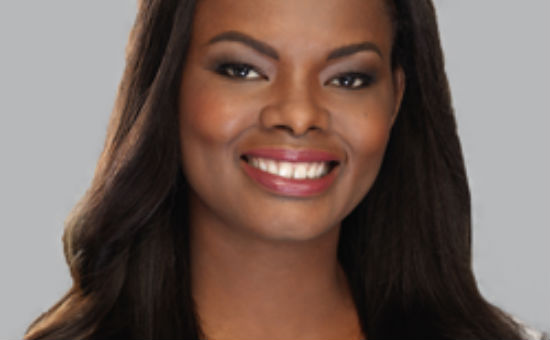“Generally, when an applicant comes in with a list of potential b-schools, what I see is a top 10 list of the best business schools, as put out by US News, or Financial Times, or Bloomberg, or someone else. People know that those are great schools – so they assume that they must be great schools for them”, the expert writes in an article for Business Because. In her opinion these rankings do matter: “There is a difference between an MBA programme ranked top and one ranked at twentieth. But above a certain ranking level, what you really need to be looking at is how well you will do at a certain school.” To determine this, students need to ask the right questions, Isiadinso says.
These questions are:
1. What kind of environment do you do well in? (big city or a quieter environment)
2. What is your learning style? (case studies or a more diverse teaching style)
3. Are you looking for a specific concentration, learning path, or dual-degree option?
4. What are your post-MBA career goals? Where do the people in your desired industry or role graduate from?
5. Which experiences would you like to have during your courses?
These questions need to be answered looking at all potential business schools and this will help limit the selection as not all will meet the criteria, states Isiadinso who is also the co-founder and CEO of Expartus, an MBA admissions consulting firm that aims to integrate personal branding into every aspect of the MBA admissions process.
Read more onBusiness Because

